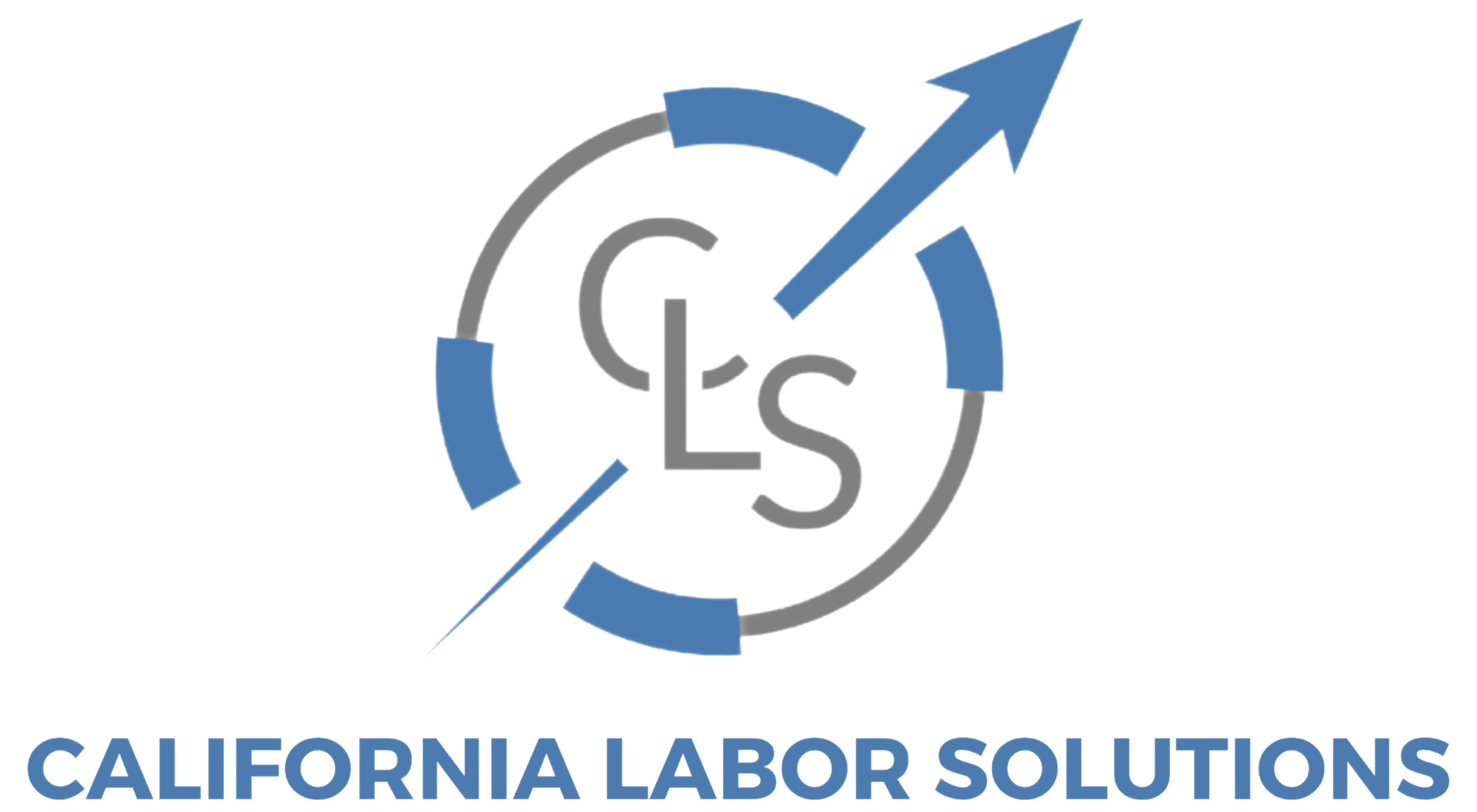Unemployment income in California affects more than just the employee—it also impacts businesses, especially when layoffs, terminations, or workforce reductions occur. Understanding how unemployment benefits are calculated, who qualifies, and what your responsibilities are as an employer can help you avoid unnecessary costs and stay compliant with state regulations.
How California’s Unemployment System Works
California’s unemployment insurance (UI) program provides temporary income to eligible workers who lose their jobs through no fault of their own. The Employment Development Department (EDD) administers the program and determines who qualifies and how much they receive.
Eligible employees must:
- Be actively seeking work
- Have earned sufficient wages during a base period
- Be physically able and available to work
As an employer, your payroll tax contributions fund this program, so unemployment claims can directly affect your UI tax rate.
Employer Responsibilities During Unemployment Claims
When a former employee files for unemployment income in California, you’ll receive a “Notice of Unemployment Insurance Claim Filed” from the EDD. You must respond promptly—usually within 10 days—with accurate information.
You should:
- Confirm the employee’s last day of work and the reason for separation
- Provide documentation if the termination was for misconduct
- Avoid vague or misleading responses that could delay the process
Failing to respond or providing inaccurate details can result in unnecessary claims being approved, driving up your tax rate.
Misconduct and Unemployment Disqualification
Not all employees qualify for unemployment income. If an employee was terminated for serious misconduct—such as violating company policy, insubordination, or theft—they may be disqualified from receiving benefits. However, you must prove that the misconduct occurred and that it was intentional.
Document everything. Clear written policies, signed acknowledgments, and consistent disciplinary records will strengthen your case if you contest a claim.
How Unemployment Income Impacts Your Business
Each valid claim can affect your experience rating, which determines the UI tax rate you pay. Employers with fewer claims typically pay a lower rate, while those with a high volume of claims may face steep increases.
To reduce claims and protect your business:
- Communicate job expectations clearly
- Offer performance improvement plans when possible
- Use progressive discipline before terminating employees
- Keep thorough records of employee conduct and decisions
Investing in proper hiring, onboarding, and documentation processes can help lower the risk of costly UI claims.
Partner with California Labor Solutions
At California Labor Solutions, we help employers reduce legal exposure and handle employee issues professionally—from internal investigations to separation documentation.
Visit www.californialaborsolutions.com to learn how to protect your business and maintain compliance when handling unemployment income in California.

